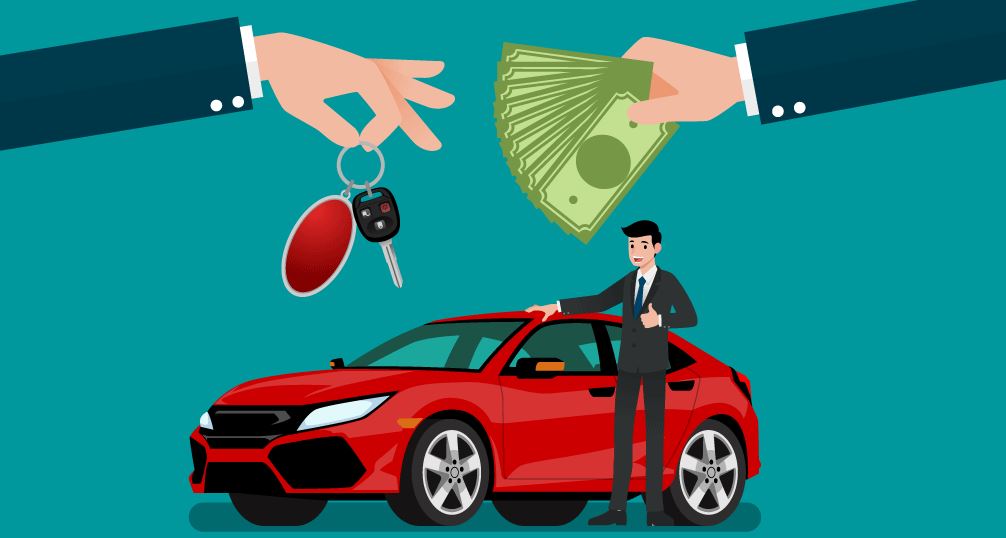Choosing between leasing and Owning a car can be quite a dilemma. Opting for a lease usually means you’ll enjoy lower monthly payments and the chance to drive a vehicle that might otherwise be out of your buying range.
However, if you go the buying route, you’ll eventually own the car outright, even if it means steeper monthly loan payments for a while.

Ultimately, the trick is to weigh the advantages and drawbacks of leasing versus buying, grasp the ins and outs of leasing, and pick up some handy tips for snagging a sweet lease deal.
What Is a Car Lease?
Leasing a car boils down to renting it for a fixed duration, typically spanning two to three years. Once the lease term wraps up, you’ve got a couple of options: either hand the car back to the dealer or buy it at a previously agreed-upon price.
This option has gained traction thanks to its flexibility and the fact that it typically involves lower initial expenses compared to purchasing a vehicle outright.
Insurance Requirements for Leased Cars
When you lease a car, the leasing company usually mandates that you have comprehensive collision insurance in place to safeguard your investment.
Essentially, this means you’ll need insurance that covers damages to the vehicle, irrespective of fault. The leasing company might also stipulate the minimum coverage limits and deductibles you’re required to maintain.
Beyond the leasing company’s prerequisites, it’s worth considering investing in gap insurance. This coverage bridges the gap between the vehicle’s actual cash value and the remaining lease balance in case of theft or a total loss due to an accident. Having this insurance can shield you from financial setbacks if an unforeseen incident occurs.
What Is Owning a Car?
When you own a car, you hold complete ownership and authority over the vehicle. After settling any financing obligations, you’re at liberty to customize, sell, or trade in the car according to your preferences and needs.
Insurance Requirements for Owned Cars
When owning a car, you are not required to carry comprehensive collision insurance by law, although it is highly recommended. If you have a loan on the vehicle, your lender may require you to carry these types of insurance until the loan is paid off.
Key Differences in Insurance
The primary difference in insurance between leased and owned cars lies in the level of coverage required. Leased cars typically require more comprehensive coverage to protect the leasing company’s investment, while owned cars offer more flexibility in terms of insurance choices.
Cost Comparison
The cost of insurance for leased and owned cars can vary significantly. Leased cars often require higher coverage limits, which can increase premiums. However, some leasing companies may offer insurance packages that can help reduce costs.
What are the advantages and disadvantages of leasing a car?
Advantages of leasing a car:
- Your monthly payment is typically lower, and you get to drive a new car during its most trouble-free years.
- You can trade the vehicle into the dealer/lessor for another new car.
- You can drive a higher-priced vehicle that you may not otherwise be able to afford.
- You may have the option to buy the car at the end of the lease
Disadvantages of leasing a car:
- Leased vehicles typically have limited mileage, usually between 10,000 and 15,000 miles per year.
- You will likely not be able to make modifications to the vehicle without risking fees being applied to your lease.
- Unless the lease includes GAP insurance coverage, you may also owe costs related to any accidents you are involved in that your auto insurance does not cover.
- Leases will have many fees applied, such as those for acquisition or any excess wear and tear.
What are the advantages and disadvantages of owning a car?
Advantages of owning a car:
- There are no mileage limits.
- You have complete ownership and control over any modifications or improvements you wish to make to the vehicle.
- Purchasing is typically cheaper in the long term when compared to leasing.
- There are no charges for wear and tear.
- You are free to sell, trade, or gift your vehicle.
Disadvantages of buying a car:
- Higher monthly payments compared to leasing.
- You are responsible for repair costs after the vehicle’s warranty expires.
- A larger down payment is required.
Conclusion
In conclusion, while leasing and owning a car both have their advantages, the insurance requirements and costs can differ significantly. It is essential to carefully consider these factors when deciding which option is best for you. By understanding the insurance differences, you can make an informed decision that meets your needs and budget.